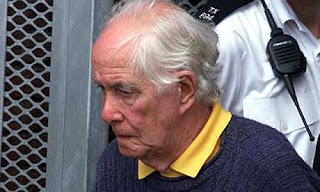Remembering a great teacher

Padmasree Professor Dr. R. Ananthakrishnan (1911-1999) I happened to be one among the many of my generation who was not fortunate to join a career for which I studied. I did my post graduation in Meteorology from the CUSAT (Cochin University of Science and Technology) and despite a first rank and some options to pursue my research in some of the great universities in India and abroad ended up in the banking service. Going forward, I had my field days and I did have my regrets too. I belonged to the first batch of the course from 1975-77 started by the University and had chosen it because I thought it would improve my chances of landing with a good job and hence retraced from a course in Physics which I had planned earlier. Author in 1976 at University In retrospect, the decision was good at least due to one reason that I was to study under a great sage in the form of Padmasree Professor Dr.R. Ananthakrishnan. Dr.Ananthakrishnan was a disciple of the Nobel laureate Sir C. V.Raman and...


